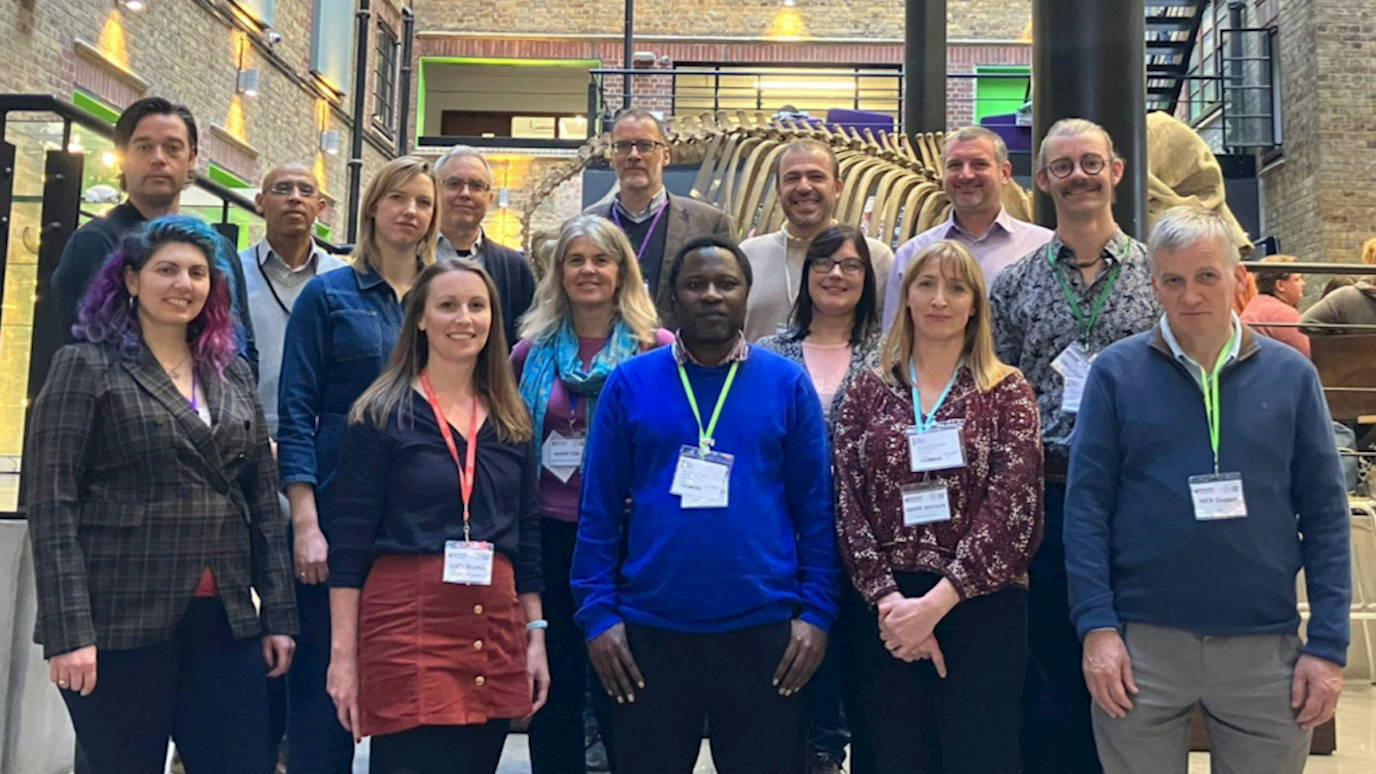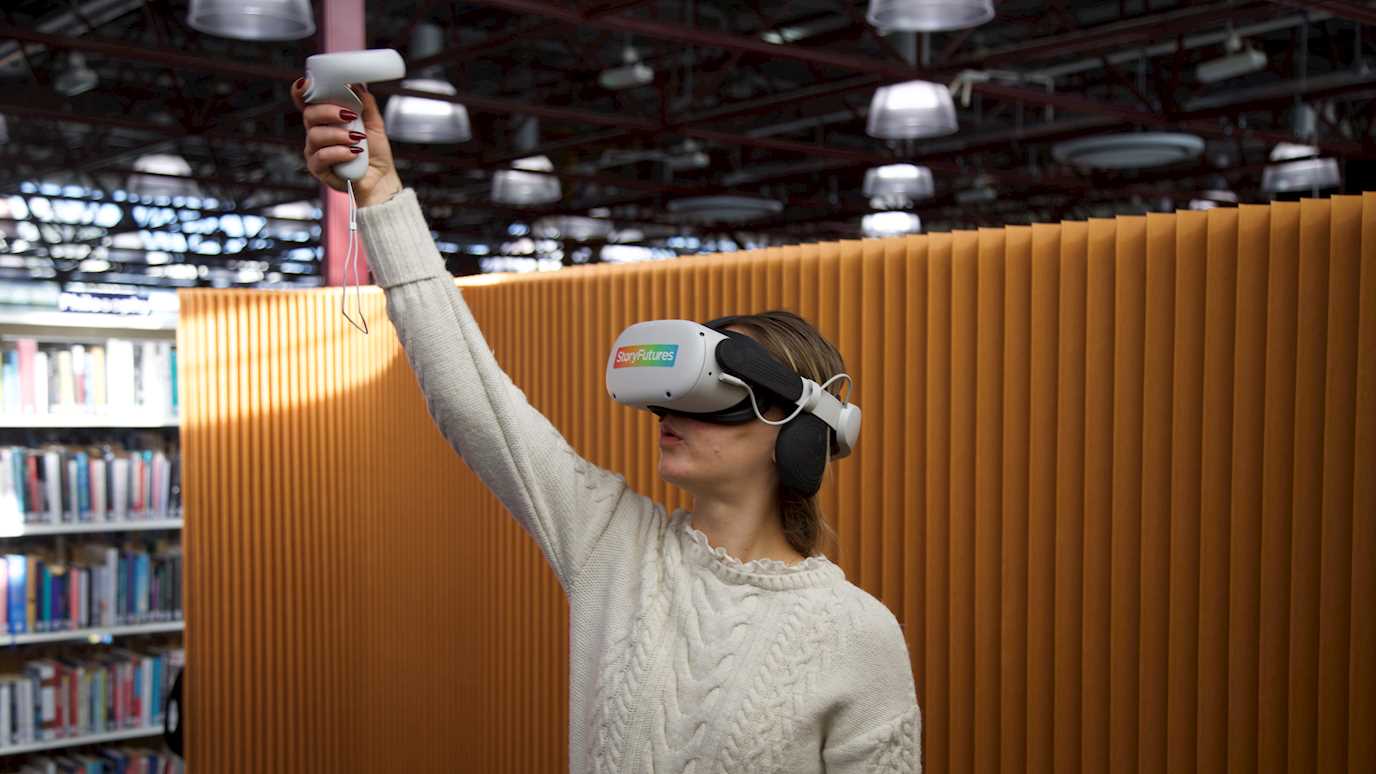A new network is setting sail to understand and tackle how antimicrobial resistance impacts UK food production from farm to fork. AMAST – the AMR in Agrifood Systems Transdisciplinary Network, has been created to harness perspectives from across agrifood stakeholders and prepare new ways to tackle these challenges.

AMAST Network members
The Department of Health Studies at Royal Holloway University of London is part of the management team behind AMAST, bringing its expertise in Social Sciences, Epidemiology, and One Health for combating AMR. Our staff have a significant track record on research for antimicrobial use and AMR in agrifood systems worldwide.
Antimicrobial resistance, where microbes becoming resistant to the drugs we use to control them, presents a major threat to society and our ability to prevent or cure disease is threatened in the future.
National and international governments and health agencies are taking action to combat antimicrobial resistance (AMR). UK Research and Innovation (UKRI) is now supporting eight new transdisciplinary networks to tackle AMR.
The AMR in Agrifood Systems Transdisciplinary (AMAST) Network has been established to understand the challenge of AMR in the UK’s agrifood system. AMAST will receive ca. £650,000 UK Research and Innovation (UKRI) funding as part of its work to tackle infections.
The network will be co-ordinated by Dr Matthew Gilmour, based at the Quadram Institute, with an international expert advisory panel providing oversight.
“We’re really excited to be part of this new community. The agrifood system is incredibly complex with a diverse community of key players that are involved in the production of safe and nutritious foods. So understanding the challenges of AMR requires a non-traditional approach” said Dr Gilmour.
“AMR is a global challenge for which a multidisciplinary and transdisciplinary research is required through systems thinking approach and participatory assessment with relevant stakeholders” commented Dr Mahmoud Eltholth, AMAST Co-lead and Lecturer in Global Health at Royal Holloway.
“The current configuration of food systems, which drives the emergence of AMR, needs to change to ensure the health of future generations. Projects such as this are at the leading edge of addressing those challenges” commented Dr Jennifer Cole, Senior Lecturer in Global and Planetary Health at Royal Holloway.
Professor Alexandra Palombi, Head of the Department of Health Studies, Royal Holloway commented,
“This is a prime example of how a multidisciplinary network can bring bold and innovative solutions in population health. We are delighted to be contributing to this network and working with all the partners in this essential work.”
AMAST will, for the first time, bring together various agrifood communities with academic researchers from different disciplines, to identify from the bottom up the challenges AMR poses within agrifood, and then collaborate to develop solutions.
The AMAST Network will involve members from different agrifood production systems, such as crop, livestock and aquaculture, from primary production through to the consumer. It will also bring in transdisciplinary academics, including bioscientists and social scientists as well as other areas that may not have previously engaged with AMR as a challenge.
The AMAST Leadership Team is made up of the Quadram Institute, Newcastle University, Royal Veterinary College, University of Stirling, Royal Holloway University of London, Cranfield University, James Hutton Institute, Royal Agricultural University, Scotland’s Rural College, University of Bristol, University of Leicester and University of Southampton. Partners on board the AMAST Network include ADAS, the Agriculture and Horticulture Development Board, the Animal and Plant Health Agency, CAB International (CABI), The Environmental Research Institute (University of Highlands and Islands), the FAI Farms, Fera Science, the Food Industry Initiative on Antimicrobials (FIIA), Menter a Busnes, NHS Highlands, Ricardo, UK Agri-Tech Centre and Vet Sustain.
Through interviews, workshops and themed community meetings, all members of the network will be able to bring their perspectives on the key threats of AMR in agrifood. The network will collectively identify and prioritise areas of opportunity, as well as understanding where more research is needed to plug gaps in our understanding.
You can find out more and sign up to the Network by visiting the website: www.AMAST.org.uk
























